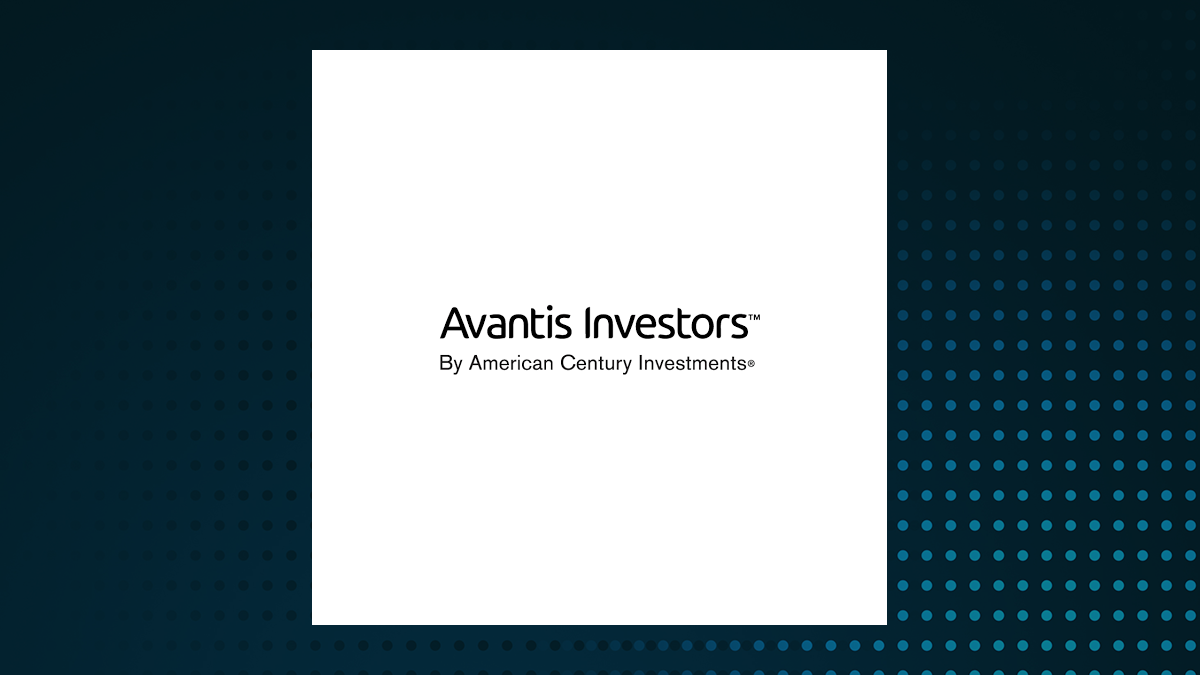
buzbuzzer Whitestone REIT ( NYSE: WSR ), incorporated in 1998 and headquartered in Houston, TX, owns and operates retail properties in major metropolitan areas. The company has very good growth prospects based on a favorable supply/demand picture and results that reflect this. More importantly, though, its shares are trading at a discount to NAV and are cheaper than its peers' on an FFO-multiple basis, making it a good option for value investors.
Portfolio and Outlook The REIT's portfolio consists of 57 properties that aggregate 5,055,050 square feet and are spread across 5 markets. More specifically, it operates in Phoenix, Austin, Dallas-Fort Worth, Houston, and San Antonio. The portfolio, though relatively concentrated, is nevertheless well-diversified among these markets; as of the year-end 2023, Houston accounted for the largest but not too significant exposure with 12 properties out of the 57 in total.

Regardless, Houston suffers from decelerating population growth that may continue for the years to come: MacroTrends It also has higher-than-average unemployment. However, all of the other markets have a relatively low unemployment rate: Data by YCharts The tenant base also seems to be of high quality as it's diversified among many different industries, with a focus on small-space businesses (75% of ABR): Investor Presentation Out of 1,465 tenants, the largest one accounted for only 2.1% of the REIT's annualized rental revenue during the six months ended June 30, 2024.
Moreover, the terms of the leases Whitestone underwrites range from under one year for small tenants to 15 years for large ones, but since its focus is on small businesses, 23% of its GLA are connected to leases that will expire before the end of next year. This in general would imply a high risk for its bottom line, but the leasing spreads that Whitestone has been enjoying for the last couple of years introduce the prospect of significant short-term growth potential instead: Investor Presentation Judging from the market dynamics here, it is likely that this trend will persist and that Whitestone will have no problem replacing the leases that expire in the short term. The small-space tenant focus is generally problematic in theory because of the more appeal that full e-commerce has for such businesses, but this REIT leases space to tenants who cannot (will not) fully operate online; restaurants, pharmacies, beauty retailers, fitness centers, apparel stores, etc.
Favorable demand is also supported by the currently expensive financing of store ownership by tenants to some degree; at the same time, this fact supports the case for a delay in the supply to catch up as higher interest rates must deter significant competition. The relatively constrained supply is reflected in the REIT's growing occupancy rate: Investor Presentation But it can also be inferred by the record-low new construction growth rate: Investor Presentation So, in total, the outlook for Whitestone's business is positive. But we'll have to examine how well the same drivers that support it have impacted the REIT's results in the past.
Performance In the last 10 years or so, Whitestone managed to deliver very attractive total returns, outperforming most of its peers: Data by YCharts Its more recent results in conjunction with guidance also indicate strong returns to persist, despite what some figures can lead one to think at first sight. First, its average annualized base rental revenue in 2023 was 5.86% higher on a YoY basis and occupancy held its ground at 94%.
Though same-store NOI increased by 2.68%, core FFO/Share decreased by 11.65% to $0.
91, but that was primarily due to unusually higher G&A expenses in connection with the departure of the former CEO and a higher interest expense. Rent per square foot in the last quarter marked an increase of 5.36% from the same quarter last year.
Though occupancy decreased by 50 bps to 93.5% from the rate reported at year-end 2023, it is 20 bps higher on a YoY basis. Last, same-store NOI growth accelerated as it grew by 6.
59% YoY and core FFO per share increased by 20%, reflecting the significant impact of the legal expenses related to the former CEO's departure in 2023. Regardless, the management's low end of the guided core FFO range for 2024 ($0.98 per share) implies a 7.
69% YoY increase and that is both supported by the NOI growth projections of 3 to 4.5%, as well as the favorable market dynamics discussed above. Leverage & Liquidity Whitestone's $667 million of long-term debt finances 49% of its total assets and 87% of it is fixed-rate, weight-averaging an interest rate of 5.
1%. Its debt/EBITDA re of 8x and interest coverage of 2.29x reflect adequate liquidity, though, to be fair, there are definitely a lot of retail REITs that represent a higher degree of safety when it comes to this.
Regardless, the fixed-rate notes maturing in 2024 don't represent a very large portion of the debt, there are no maturities in the next year, and the larger debt maturities are not due for quite some time, limiting refinancing risk in the short term: Investor Presentation Dividend & Valuation WSR currently pays a monthly dividend of $0.04 per share, resulting in a forward yield of 3.66%.
Though the yield is low, the coverage is very strong as indicated by the low payout ratio of 48.98%. Additionally, management has been growing the dividend since they cut it back in 2020 at a conservative pace: Seeking Alpha While the dividend profile may be attractive to income investors focusing on the long term, WSR is an even better option for value investors, as reflected in its core FFO yield of 7.
49%. Its FFO multiple is also lower than its peers' average (12.90x vs.
14.84x). Last, its implied cap rate is quite high at 7.
45% versus the 6.9% rate projected for retail asset transactions in 2024. Statista Using this average as a more appropriate cap rate to value WSR, its NAV comes at $15.
13 per share, so the current price represents a decent discount of 13.53%. Risks One of the most significant risks here is the potential opportunity cost.
The market may be slow to adjust the price upward as future results become available, and the dividend yield is too low to meaningfully offset such an opportunity cost. Other larger retail REITs with less potential may enjoy more growth in their prices because there is more efficiency in pricing their equities. Another risk is related to interest rate changes.
WSR has pretty much fully recovered since the interest rates started climbing in 2020 and yet, the Fed hasn't started the policy interest rate cuts the market expects. TrendSpider So, it's apparent that the market has become increasingly confident in short-term cuts; if such an expectation is not met, it is likely WSR will experience some short-term pressure on its price. Two other risks are presented by the REIT's small-cap status and market concentration.
The opportunities for growth may be a lot for this company, but the business risks are equally high, probably resulting in higher volatility for WSR than stocks issued by larger, more established, and better diversified retail REITs. Verdict All in all, I think that WSR has great potential both in the short and long term. The prospects supported by a positive market outlook, good growth momentum, and a very good price make this a strong buy .
What do you think? Do you own this stock, or do you favor some other REIT? I'd love to know! Also, please leave a comment if you found this post useful; it means a lot. Thank you for reading. Analyst’s Disclosure: I/we have no stock, option or similar derivative position in any of the companies mentioned, and no plans to initiate any such positions within the next 72 hours.
I wrote this article myself, and it expresses my own opinions. I am not receiving compensation for it (other than from Seeking Alpha). I have no business relationship with any company whose stock is mentioned in this article.
I may initiate a long position but not within the next 72 hours. Seeking Alpha's Disclosure: Past performance is no guarantee of future results. No recommendation or advice is being given as to whether any investment is suitable for a particular investor.
Any views or opinions expressed above may not reflect those of Seeking Alpha as a whole. Seeking Alpha is not a licensed securities dealer, broker or US investment adviser or investment bank. Our analysts are third party authors that include both professional investors and individual investors who may not be licensed or certified by any institute or regulatory body.
.














